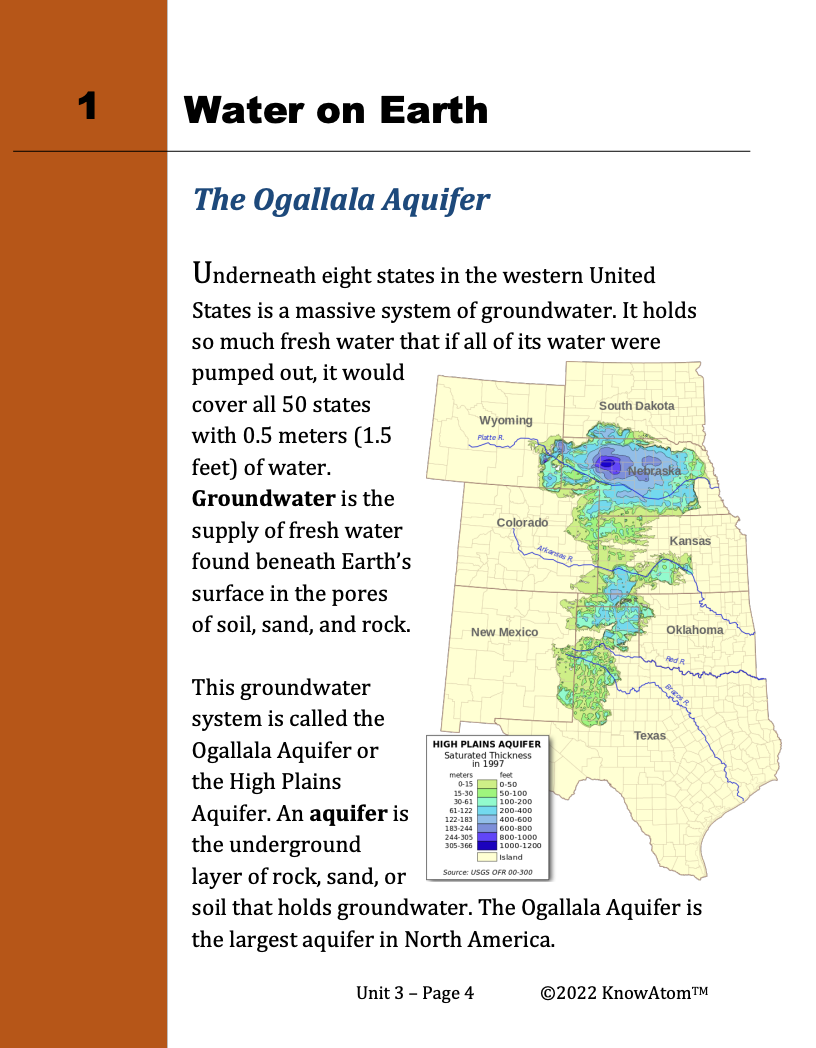
In this unit, students focus on Earth’s interacting systems, evaluating how the hydrosphere and geosphere are shaped by one another. In this lesson, they analyze how people use dams to harness the energy in water, and how dams impact the environment. This page highlights each element of this lesson.
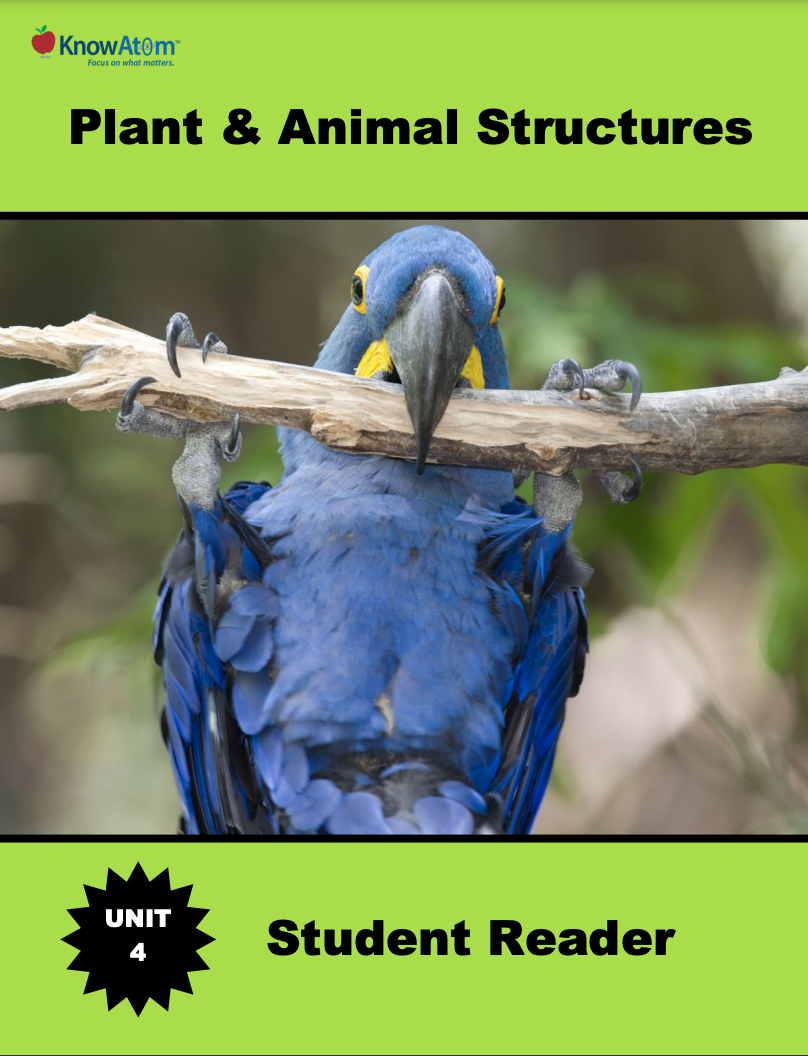
In this unit, students focus on the biosphere and how living things depend on their environment and one another for survival. In this first lesson of the unit, they explore the science phenomena of the flow of energy through a food web. This page outlines key parts of the lesson.
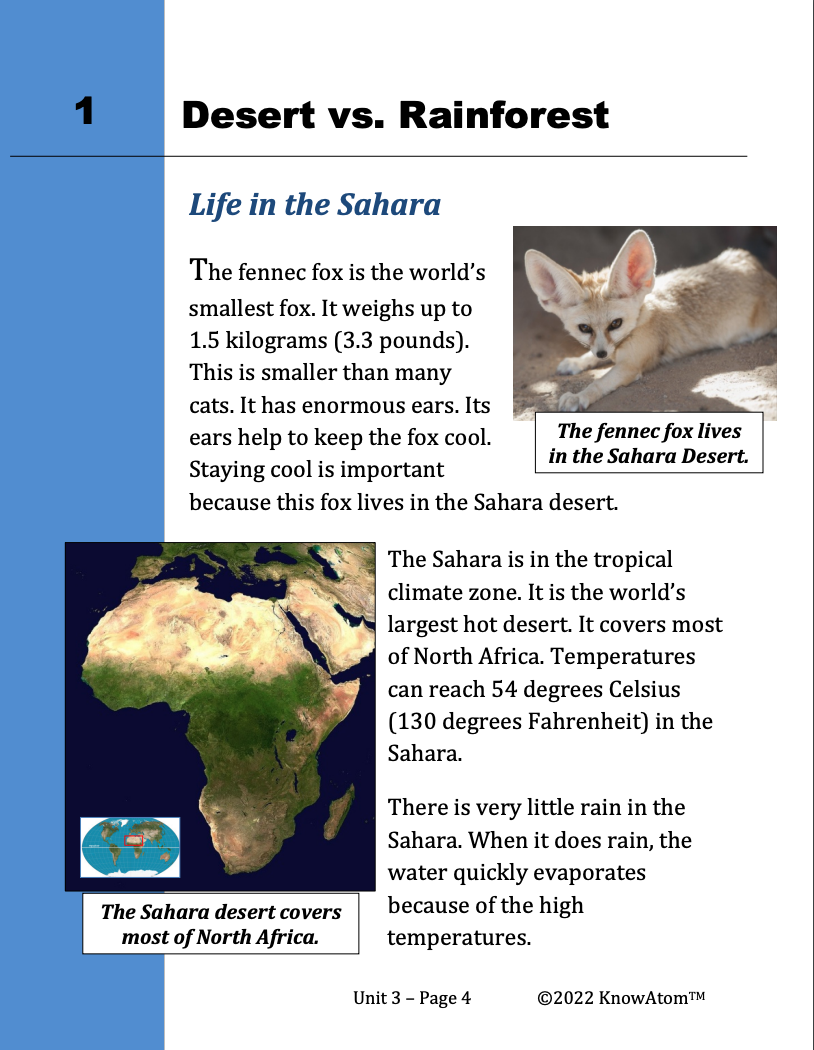
In this lesson, students evaluate the science phenomena of how organisms are affected when the environment changes. Students carry out an experiment to analyze two possible solutions that could be used to help a population of harpy eagles recover from the impacts of deforestation over time. This is a high-level extract of this lesson.
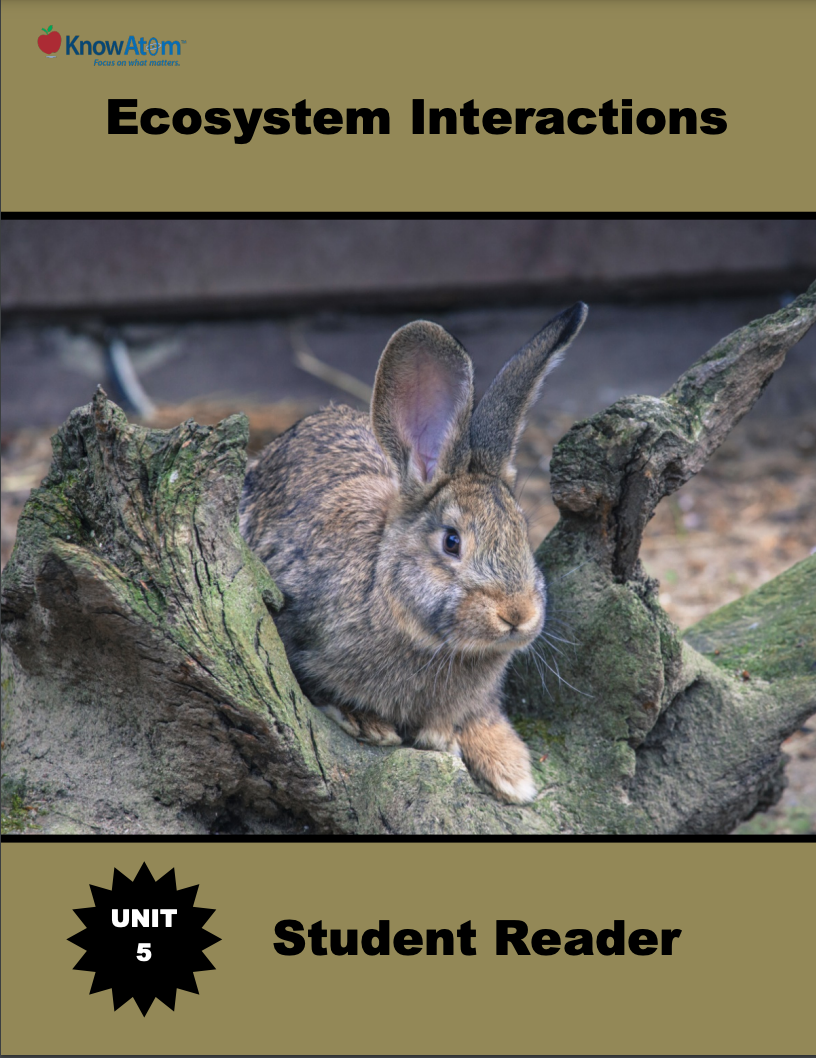
In this unit, students focus on how environmental changes impact the ability of organisms to survive, grow, and reproduce, passing their traits on to future generations. In this lesson, students continue their analysis of how a plant’s structures allow it to grow and develop, focusing on how a change in the environment such as pollution can impact a plant’s ability to complete its life cycle. Specifically, students investigate how acid rain affects the external structures of aquatic plants. This page provides an overview of this lesson.
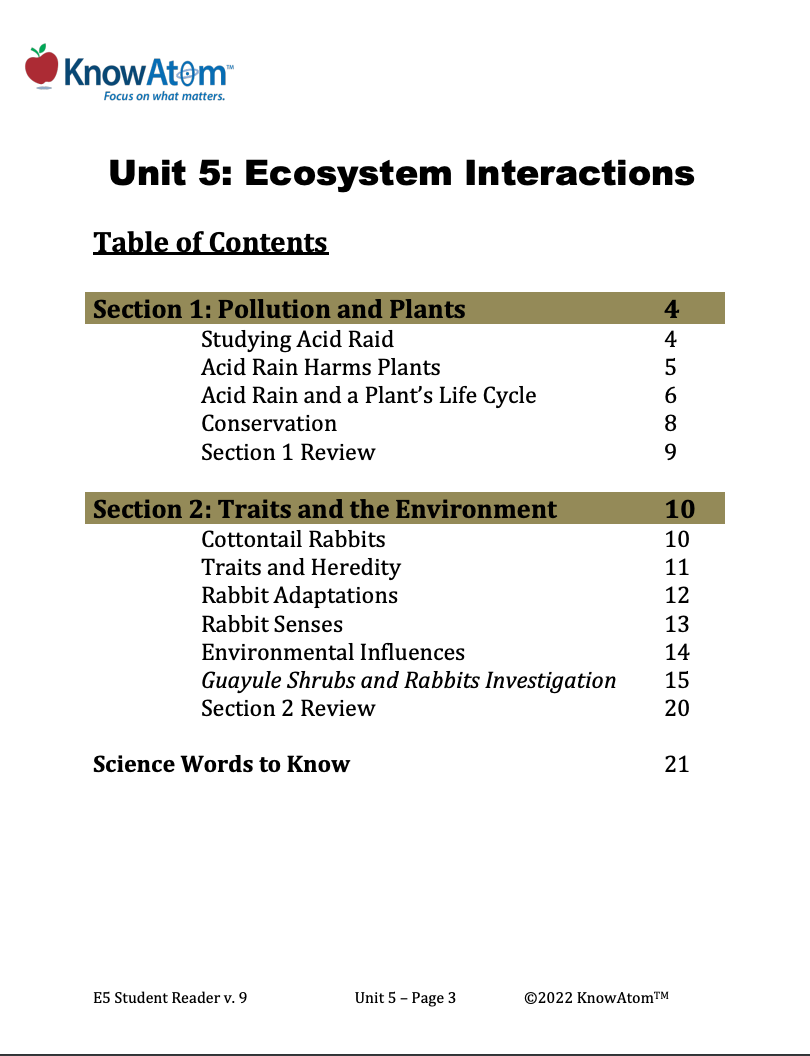
In this unit, students evaluate the science phenomena of how a change to an ecosystem can impact the living things that make it up. In this lesson, students explore how a change to the kind of plants in an environment results in a ripple effect phenomena on predation in the area. This page is a high-level extract of this lesson.
Standards citation: NGSS Lead States. 2013. Next Generation Science Standards: For States, By States. Washington, DC: The National Academies Press. Neither WestEd nor the lead states and partners that developed the Next Generation Science Standards were involved in the production of this product, and do not endorse it.
